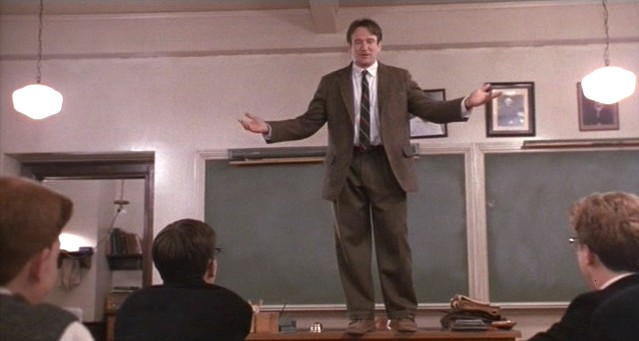Happy New Year! I have never been a big fan of New Year’s resolutions but I do enjoy picking out books that I’m going to read for the year. Some years I focus on popular books that I’ve never read or on non-higher education books. For this year, I have identified 10 books that are mostly focused on faculty and academic governance. This is an area I ended 2016 thinking about and want to continue into 2017. Below are my books for the year along with blurbs from Amazon. What are you reading this year?






